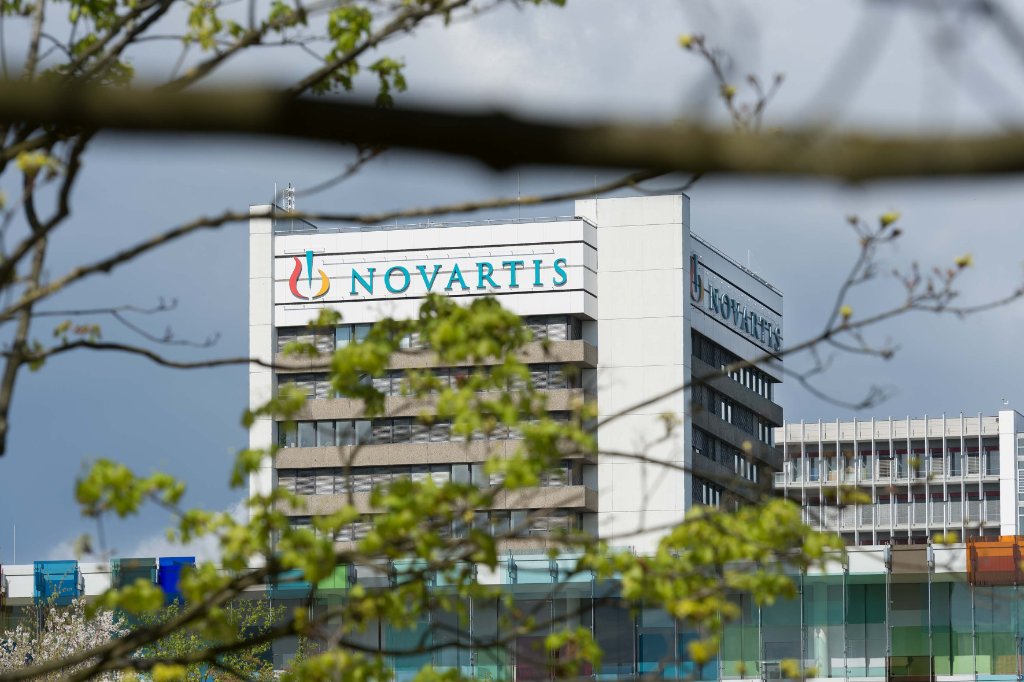Novartis has secured breakthrough therapy designation from the US Food and Drug Administration (FDA) for 177Lu-PSMA-617 to treat metastatic castration-resistant prostate cancer (mCRPC).

Novartis is developing new radioligand therapy for metastatic prostate cancer. Credit: Novartis AG.
Subscribe to our email newsletter
An investigational radioligand therapy, 177Lu-PSMA-617 is intended for precision cancer treatment. It is a combination of a targeting compound (ligand) and a therapeutic radioisotope.
On administration into the bloodstream, the therapeutic attaches to prostate cancer cells expressing prostate-specific membrane antigen (PSMA), which is a transmembrane protein.
After the attachment, emissions from 177Lu-PSMA-617’s radioisotope destroy tumour cells and hinder their replication and/or induce cell death.
Novartis added that the radioisotope emits radiation over short distances to mitigate damage to surrounding normal cells.
In a statement, Novartis said: “Breakthrough therapy designation is granted to medicines being evaluated for serious conditions where early clinical evidence indicates the potential for substantial improvement over available therapy.”
The FDA decision is based on positive results from the Phase III VISION clinical trial of 177Lu-PSMA-617 in combination with standard of care (SOC) in a total of 831 progressive PSMA-positive mCRPC patients.
During the international, prospective, randomised, open-label, multi-centre trial, the comparator was SOC alone. 177Lu-PSMA-617 was given intravenously every six weeks for a maximum of six cycles.
Data showed significant improvement in overall survival and radiographic progression-free survival (rPFS) in subjects treated with 177Lu-PSMA-617.
A 38% decrease in risk of death was observed with the therapeutic, which also led to a 60% decrease in the risk of radiographic disease progression or death. Median overall survival and rPFS benefits were four and five months, respectively.
In addition, 177Lu-PSMA-617 showed significant improvement on all key secondary endpoints, which include time to first symptomatic skeletal event, overall response rate and disease control rate.
The therapeutic is being further evaluated in two other studies for early treatment of mCRPC in pre-taxane setting (PSMAfore) and the metastatic hormone-sensitive setting (PSMAddition).
In February this year, Novartis received the FDA breakthrough status for asciminib in Philadelphia chromosome-positive chronic myeloid leukemia (Ph+ CML) in chronic phase (CP) indication.
 Advertise With UsAdvertise on our extensive network of industry websites and newsletters.
Advertise With UsAdvertise on our extensive network of industry websites and newsletters.
 Get the PBR newsletterSign up to our free email to get all the latest PBR
news.
Get the PBR newsletterSign up to our free email to get all the latest PBR
news.

